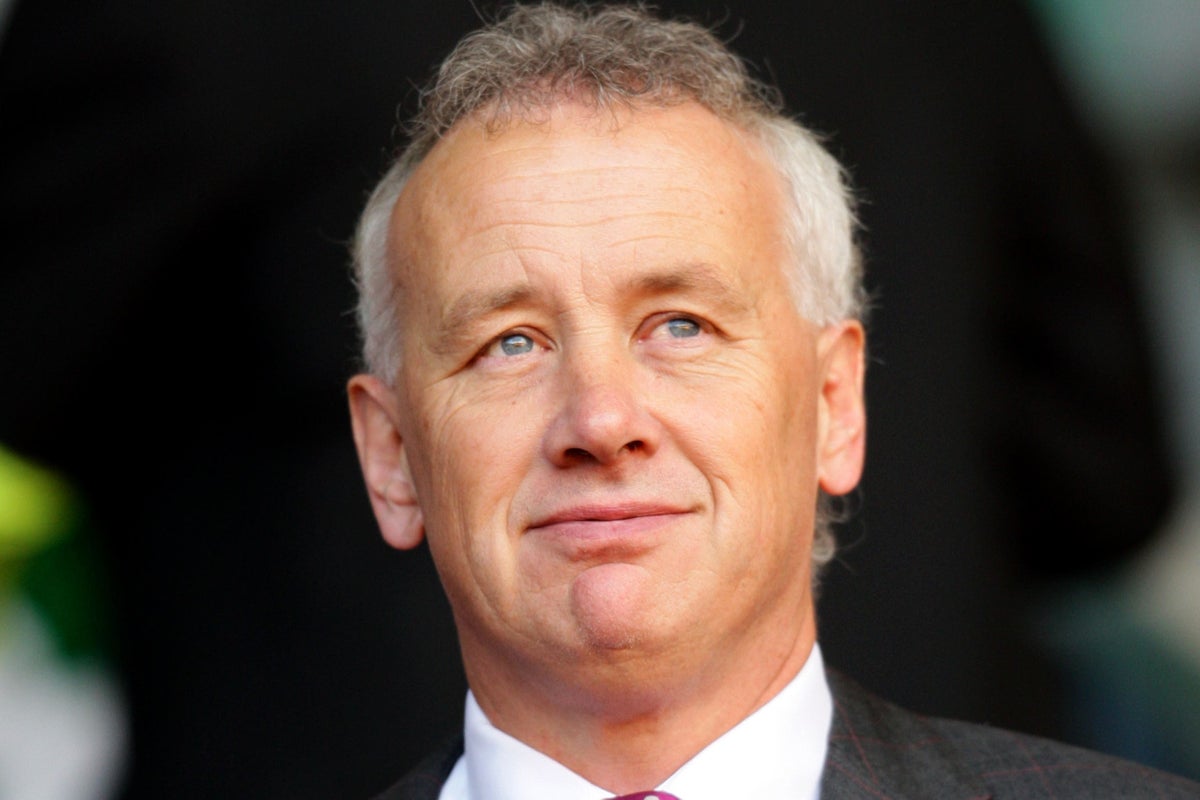
EFL chair Rick Parry believes his organisation’s plan to reform the flow of cash from the Premier League down the pyramid is the healthiest solution for the whole game – including the top flight.
The EFL is in talks with the Premier League and the Football Association over a so-called ‘New Deal For Football’, covering financial flows, cost control measures, player development and the domestic football calendar.
The EFL has proposed a financial distribution model which it says would halve the gap between the Premier League and the Championship. Parry describes the current gap as a “cliff edge”, which encourages second-tier clubs to go for broke.
The EFL proposes a 75-25 split of pooled broadcast revenues between the Premier League and EFL, an end to parachute payments and a merit-based payment system at a ratio of two to one in the Premier League and the Championship. Currently, the Premier League’s top team gets 1.6 times more in merit-based payments than the team at the bottom of the league.
The EFL said under the current system of central receipt distribution in 2018-19, there was an £88million gap between the top flight’s bottom club Huddersfield and the Championship’s top side Norwich – £96m compared to £8m. Under its proposed model, that gap would be cut to £42million.
The Government White Paper on football governance is finally expected to be published on Thursday, having initially been scheduled to come out last summer.
It is expected to support a recommendation in the 2021 fan-led review for an independent football regulator.
The fan-led review called for that regulator to be given backstop powers to impose a distribution settlement on football if the game’s authorities could not agree one themselves.
Parry said: “In an ideal world we’d rather the regulator had the opposite of backstop powers, we’d rather they had ‘frontstop’ powers if there is such a thing. We’d rather they were proactive in setting an agenda rather than having a backstop.
If the Premier League clubs were able to look a bit further than next season, they would see that our plan would increase the value of all the non-top six sides, because it would no longer be catastrophic to be relegated— EFL chairman Rick Parry
“A backstop is certainly better than nothing, but again we do not want to sit back and wait, because who knows how long it will take to actually get a regulator in place?
“We’re hoping the progress will be fairly swift. It hasn’t been terribly swift to date, so I think we’re looking at 2024, 2025 before the regulator is in place.
“We would far rather reach a solution within football prior to that date if we can. We’re definitely up for negotiation and to bring about change within football.”
Parry believes the EFL’s proposals will actually benefit the Premier League, both in “derisking” top-flight clubs should they be relegated and by avoiding a situation where the same clubs – backed by parachute payment money – come back up each season.
“If the Premier League clubs were able to look a bit further than next season, they would see that our plan would increase the value of all the non-top six sides, because it would no longer be catastrophic to be relegated,” he said.
“You would be derisking them. But we’re also very aware that getting 14 clubs to agree to this was always going to be a challenge. The gulf between the two leagues is so wide now, this isn’t just tinkering. It’s a proper rethink of the distribution, and that’s challenging.
“We are moving towards a position where it will just be three yo-yo clubs, we’re not far off it. So it’s not a begging bowl – we think that is just not healthy from the Premier League’s point of view. We just think from a commercial point of view, the Premier League needs a variety of clubs moving up and down.”
A Sheffield Hallam University study found clubs in receipt of parachute payments in the seasons between 2017 and 2021 were three times as likely to be promoted as clubs who did not receive the payments. In a similar study covering 2006 to 2017, those clubs were only found to be twice as likely.
Parry believes cost control measures and a regulator operating a club licensing system can work hand in hand together to make the game more sustainable, and as part of the discussions said the EFL was looking at how the Carabao Cup could change as calendar pressure increases, with European competitions set to feature more games from 2024 onwards.
“We are prepared to consider pretty much every possibility (regarding the Carabao Cup),” Parry said.
“We get the fact that calendar, development of young players and redistribution all need to be looked at together. They are all part of the framework for a better future for clubs. We just wish we could get on and do it at a greater pace.”







